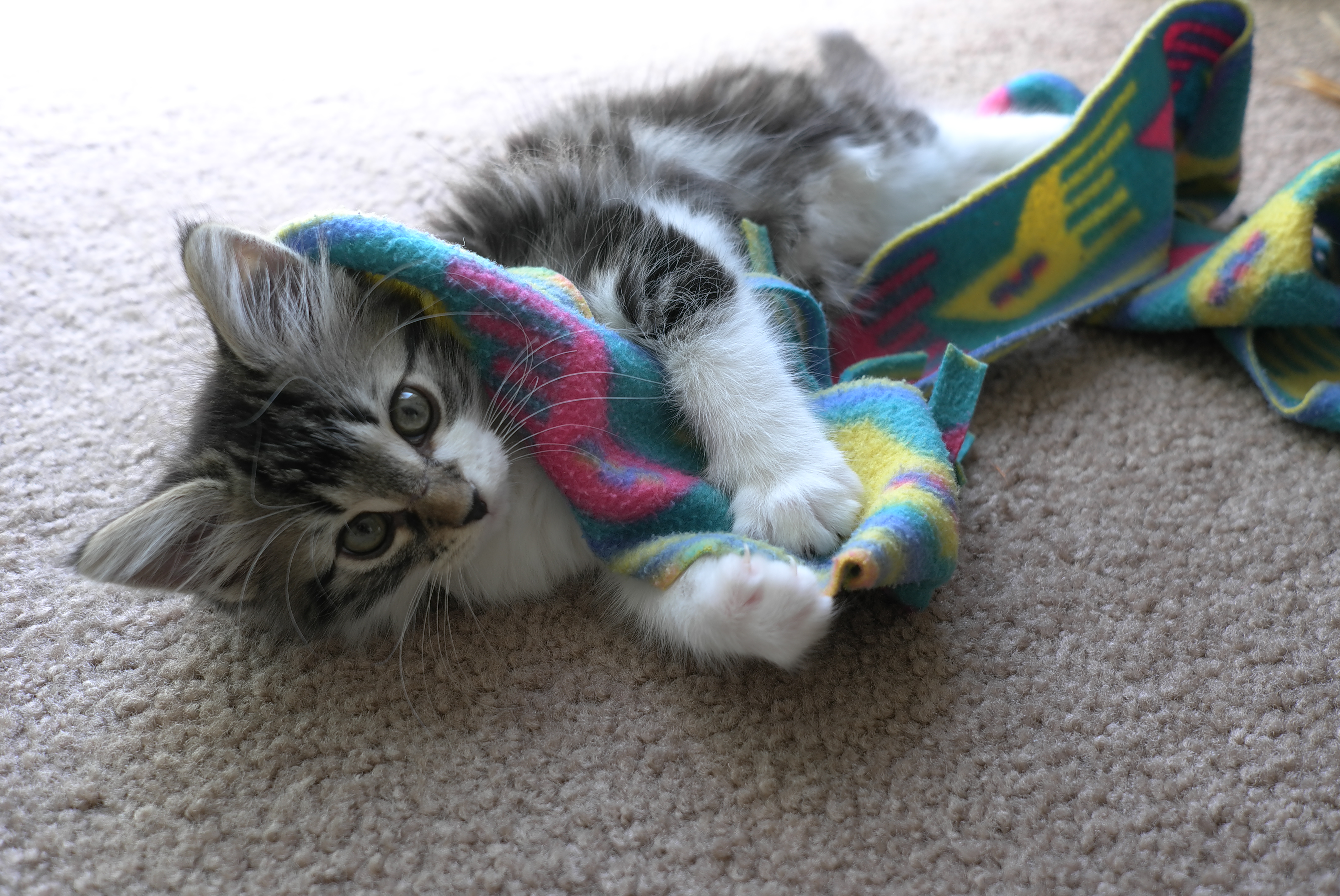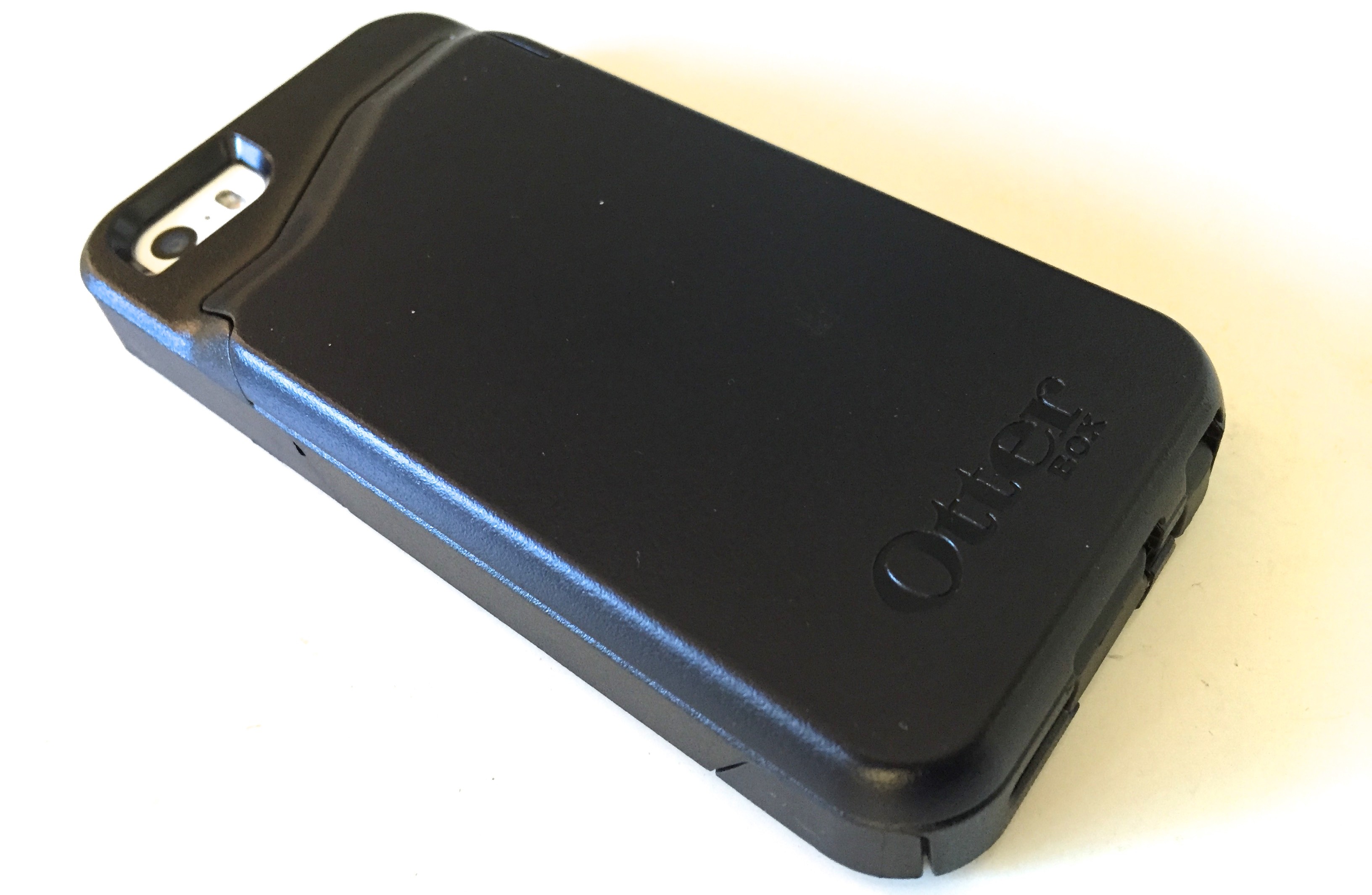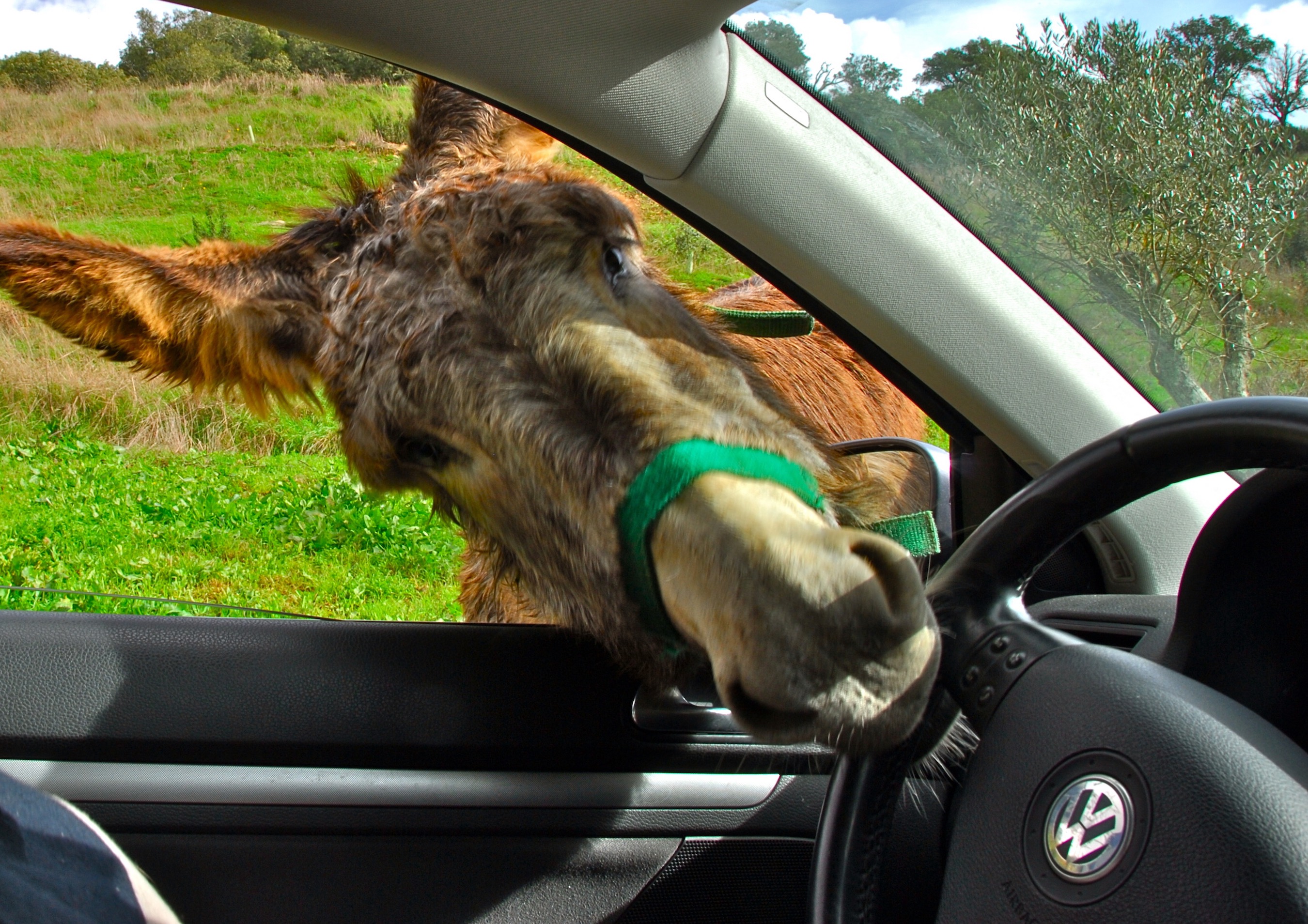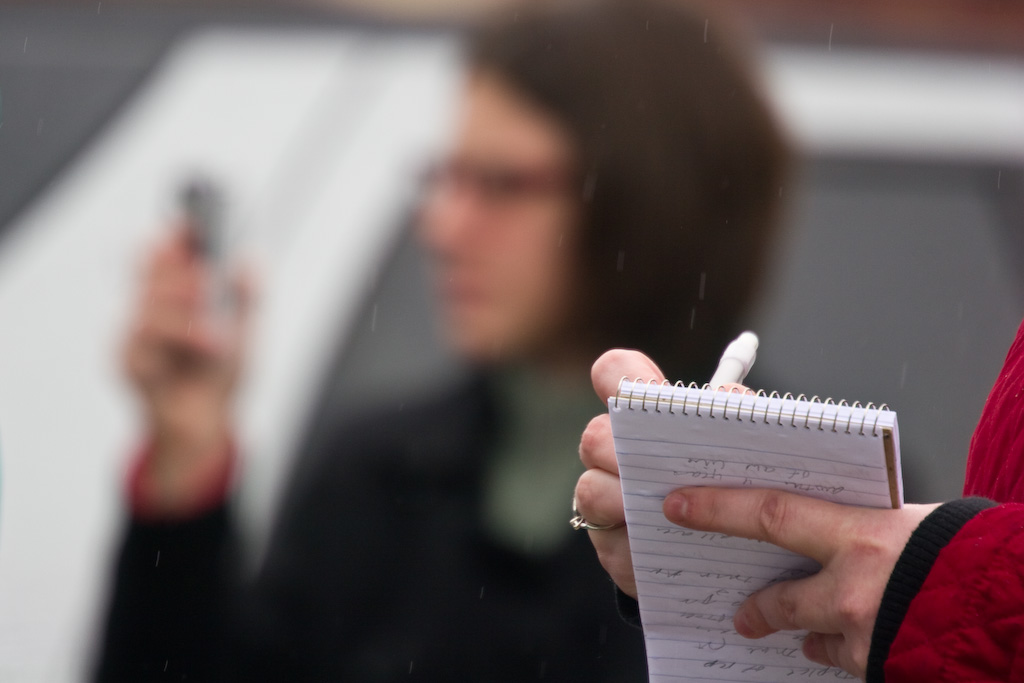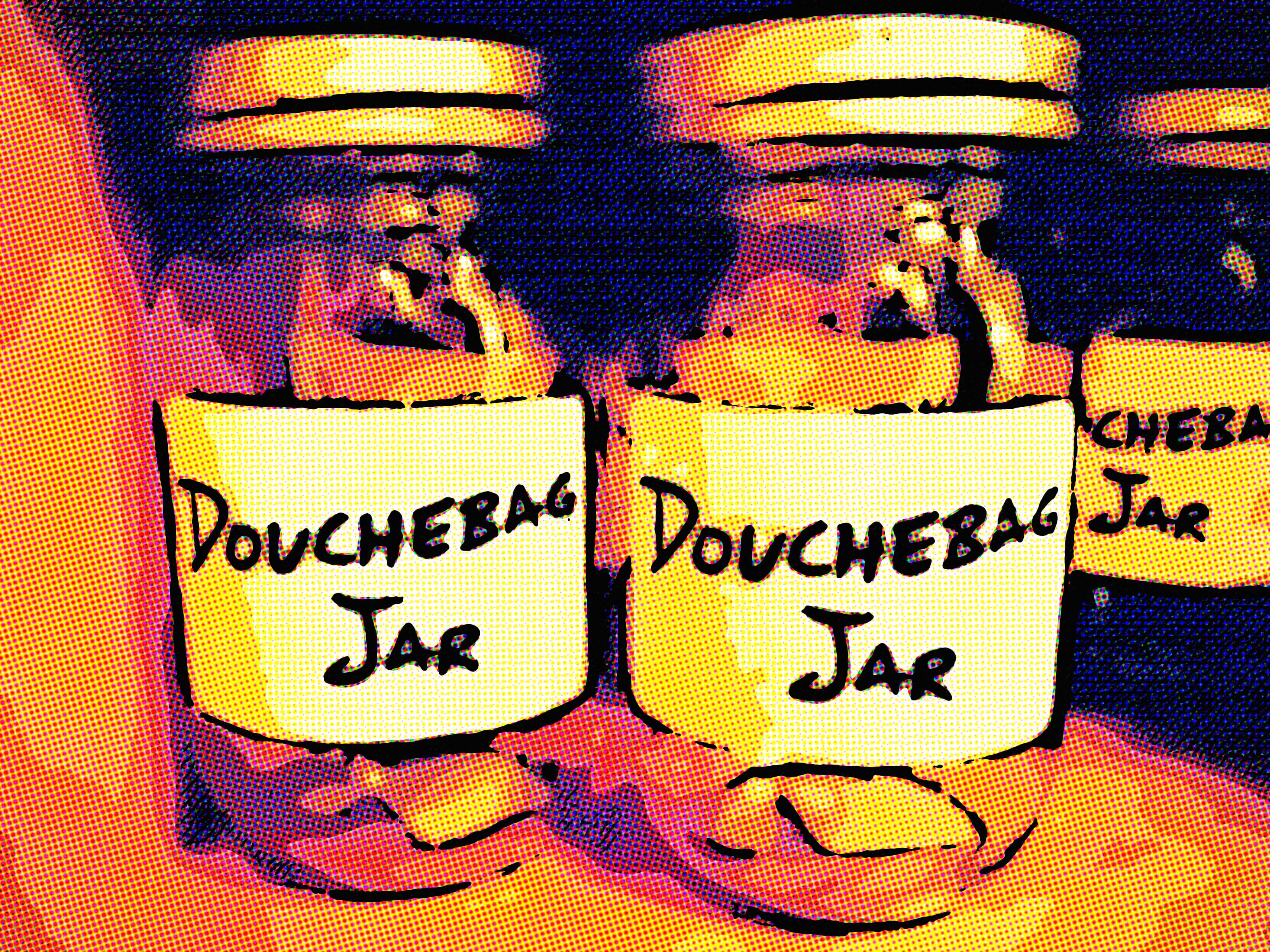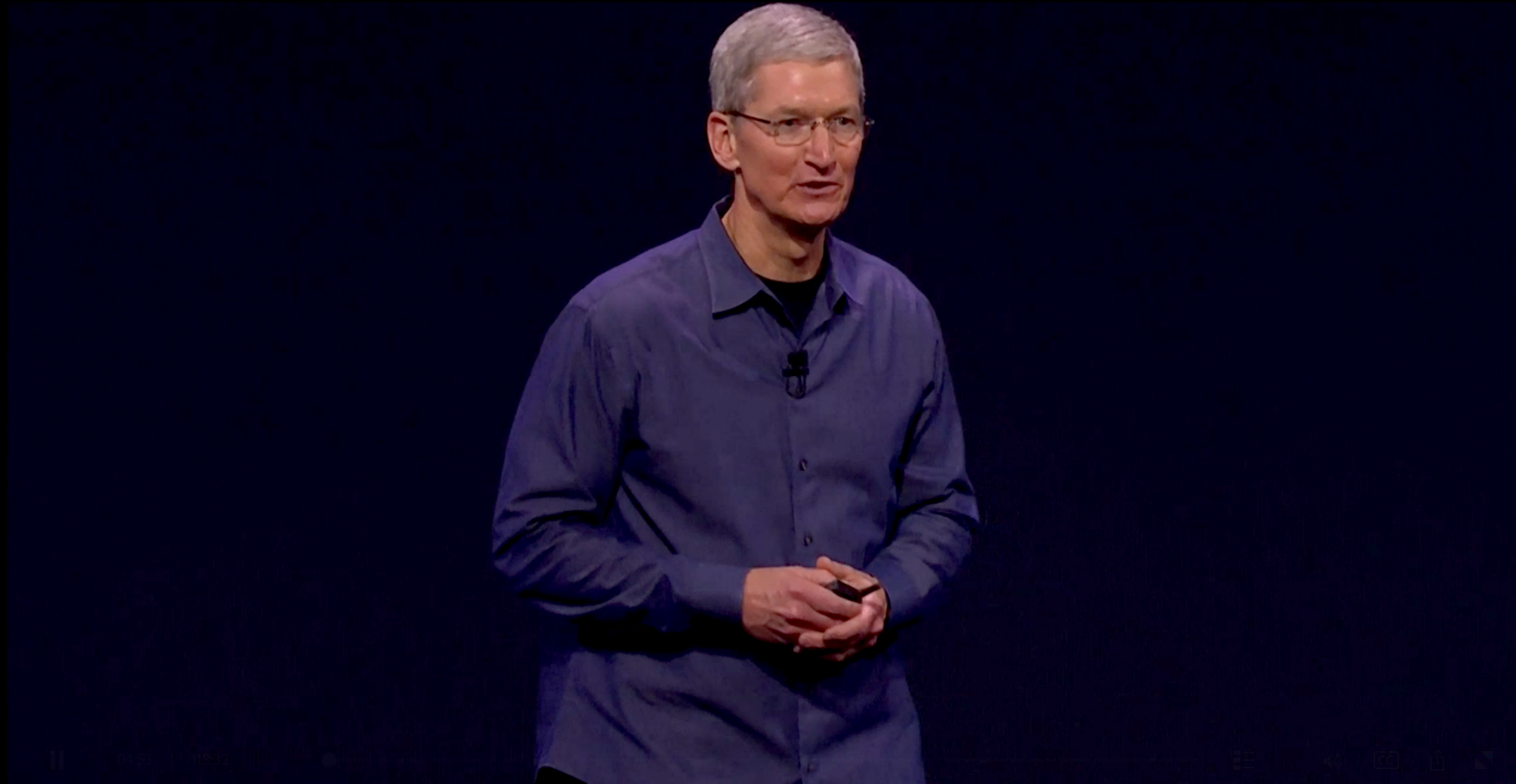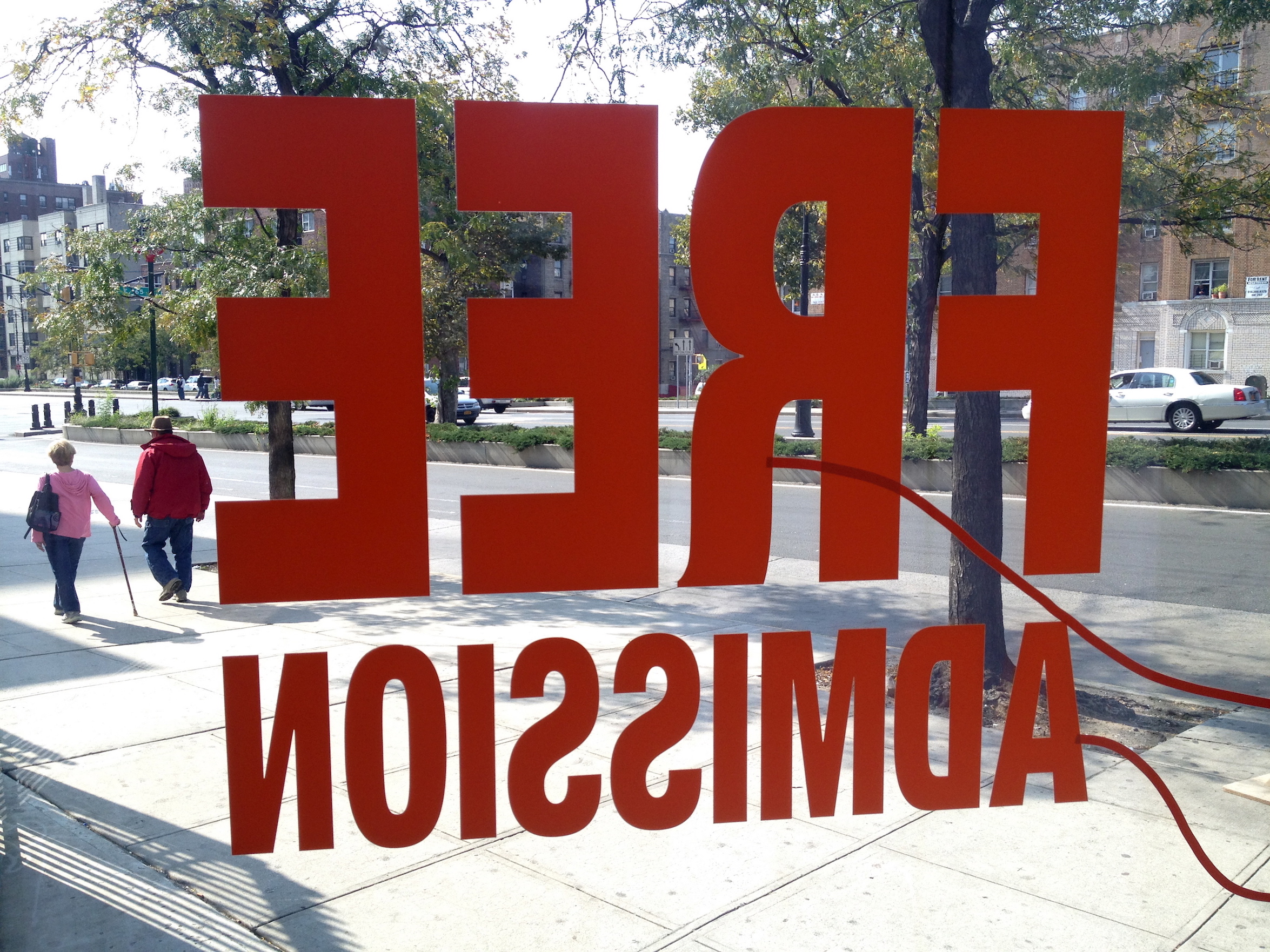On January 1, I started year-long project “Flickr a Day“. I choose from among the content-sharing service’s Creative Commons-licensed photos and post them here, with some backstory about the photographer. A comment on Ello got me to thinking about the process I use, which is very deliberate, and the value of explaining it.
First, digression: Last night I posted to new social network Ello for the first time. Less than 24 hours later, I see what the raving is all about. I like Ello. Fresh, and refreshing, describes the posting and community experience.
